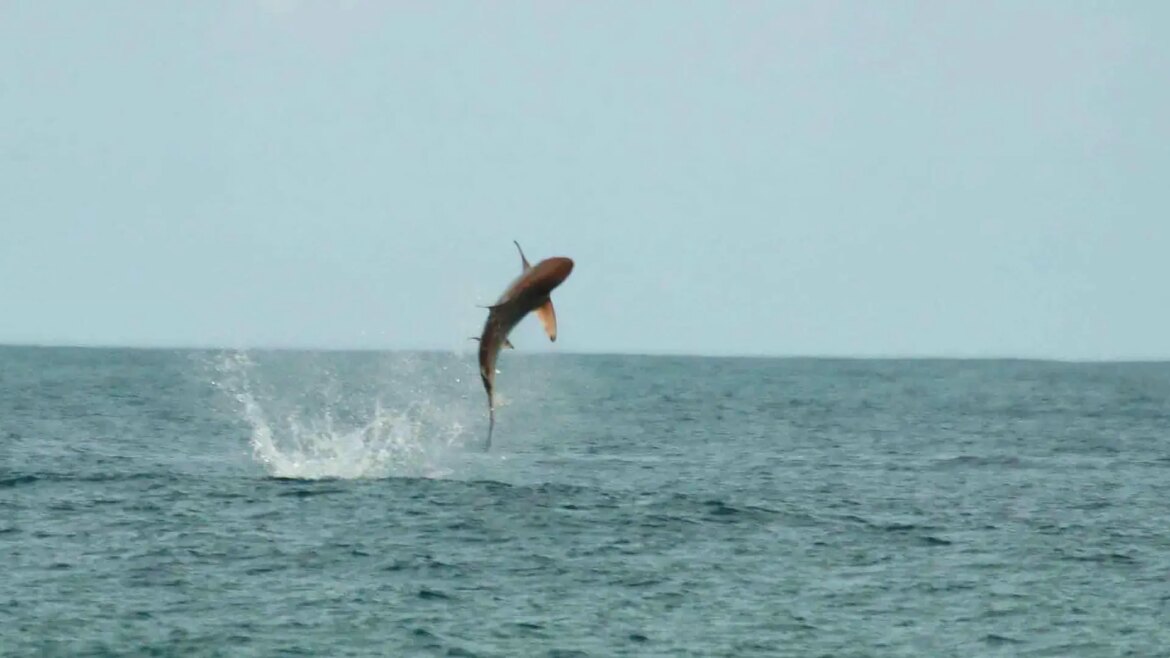Sharks in the waters near NASA’s Kennedy Space Center in Florida are a significant component of the ecosystem. During spring, blacktip sharks can be seen migrating north and jumping out of the water near Cape Canaveral. NASA actively participates in marine conservation and research at this location, where local shark numbers are growing, despite a global decline in shark populations.
Kennedy Space Center’s surroundings have long been home to these top predators. Sharks are often spotted in nearby lagoons and beaches, coexisting with rocket launches. Contrary to common misconceptions, sharks pose minimal threat to humans, playing a critical ecological role by controlling prey populations and supporting marine diversity, including coral reefs and seagrass.
Bull sharks are particularly common in the Indian River Lagoon, with young ones often found near Kennedy property. In July, various cable channels celebrate “Shark Week” to highlight these captivating creatures. The Kennedy area is home to eighteen different types of sharks, including the juvenile bull, which is increasingly spotted as the Space Coast is a popular birth and nursery spot.
NASA’s marine biologists actively monitor the surrounding waters, helping the organization adhere to regulations and minimize its impact on local wildlife. They contribute to Kennedy’s conservation culture and work with local partners to manage marine populations. Unmanned gliders and acoustic telemetry track sharks’ movements, aiding research on their lifestyles and travels.
Research from Kennedy’s marine biologists shows common types of sharks like Atlantic sharpnose, blacknose, blacktip, finetooth, and lemon near the space center’s beaches. These sharks exhibit high mobility and seasonal migration patterns. The local management and understanding of sharks are helping their growth in the area, positively affecting the ecosystem.
Human encounters with sharks, such as bites, are rare even in areas where they are most common. Worldwide, 57 unprovoked bites were reported in 2022, 16 fewer than the previous year. In Florida’s Brevard County, where Kennedy is located, there has only been one incident. Historical data shows a low average of shark bites and an even rarer occurrence of fatalities. The risk of a shark-related death is less than 1 in 4 million, making it more likely for an individual to die from other accidental causes like fireworks, train crashes, or weather-related incidents.


